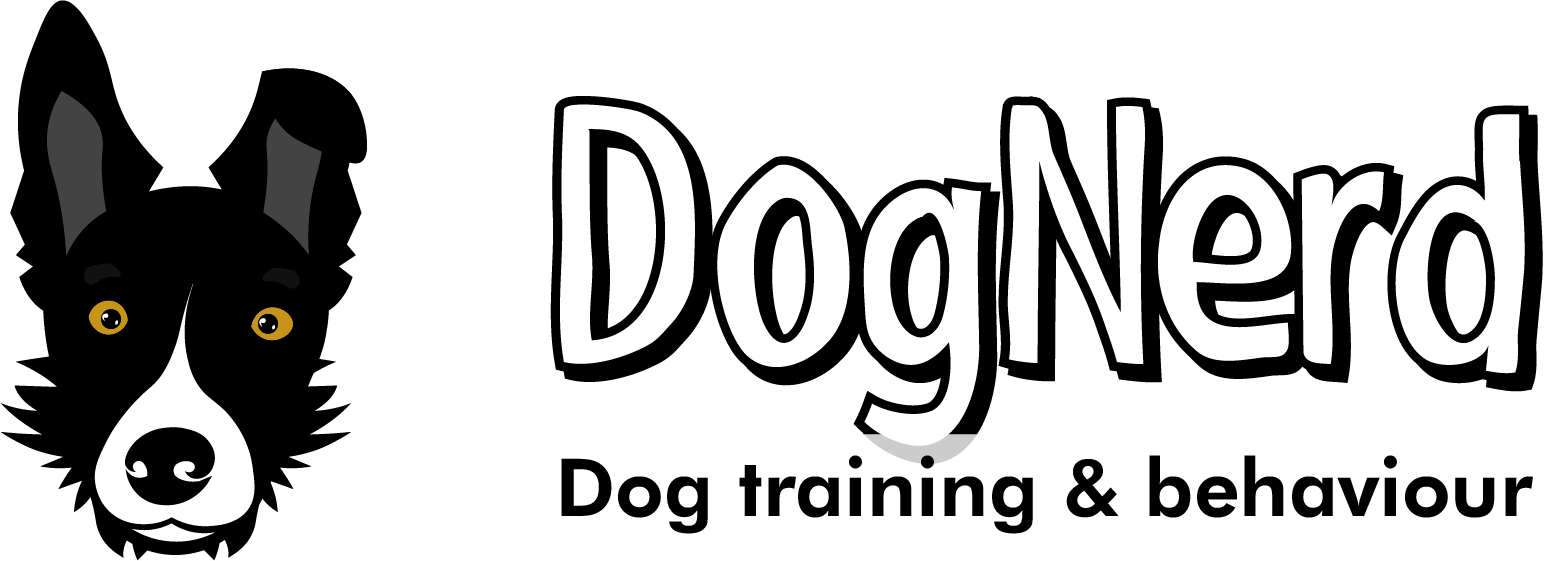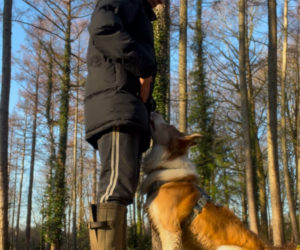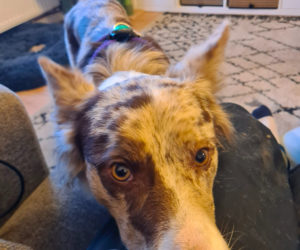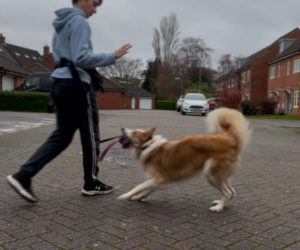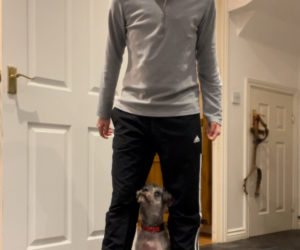On Border Collies & Anticipation!
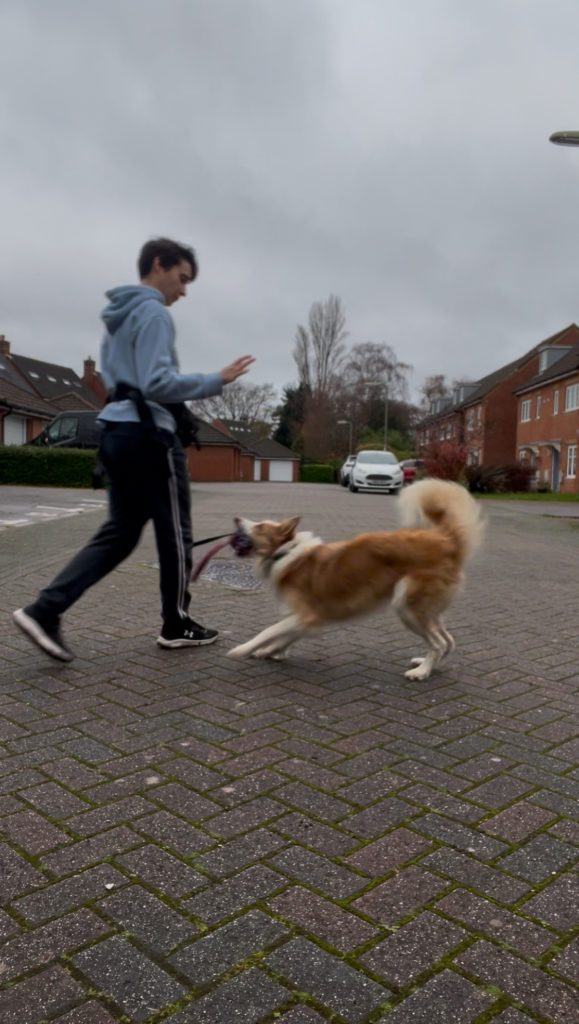
If you own a Border Collie (or any high-energy, working-bred dog), you’re no stranger to their intense enthusiasm for action. Whether it’s playtime, training sessions, walks, or sporting activities, these dogs thrive on routine and engagement. They value their activities deeply, and, as many owners quickly learn, anticipation of these activities can sometimes lead to unexpected and challenging behaviors.
The Role of Anticipation in Your Border Collie’s Life
Border Collies are incredibly intelligent and perceptive, and this makes them experts at picking up on environmental cues. They often develop a sense of anticipation around certain events—like when it’s time for a walk or a training session. And while this anticipation can be a positive motivator during structured activities, it can also lead to unwanted behaviours if it’s not properly managed.
In my own home, my young Border Collie, Budweis, has some big feelings about training sessions. He’s ready to train all day, every day. Our usual routine is that at some point, after putting the kids to bed, I’ll do a training session with my dogs. However, if Budweis is waiting for this moment and begins pacing, whining, and trying to entice me toward the training space, this is a problem for me! I’ll do something else entirely, and invite him for a training session when he is displaying behaviours I like to see (e.g., lying around relaxing).
Why Managing Anticipation Matters
You might wonder why I take such a “ridiculous” approach. The answer lies in how dogs, especially those as driven as Border Collies, interpret cues and how quickly they associate those cues with certain activities. In my case, it would be very easy for Budweis to start believing that me coming downstairs automatically means it’s time to train, leading to anticipatory behaviour. And it would be equally easy for this to escalate into a “chain” of environmental cues causing anticipation around training: the simple action of me going upstairs and putting the kids to bed could start signalling the beginning of “training time”. If we think about what anticipatory behaviours look like (they’re a little intense!!), you can see how one might not want this when going about normal daily routines (e.g., putting the kids to bed)!
I care deeply about the behaviour of my dogs in everyday life. With three dogs and two small children, I want as calm a household as possible. Anticipatory pacing, whining, crouching, or becoming intense goes against this calm energy, so I work hard to prevent it from becoming woven into our daily routines!
Anticipation: A Double-Edged Sword
That said, I do recognise that anticipation can be a useful tool in certain contexts, particularly in sports training. A Border Collie’s drive can be harnessed to create incredible focus and enthusiasm during activities that are specifically designed for it. But the key here is balance—recognising when anticipation is serving your goals and when it’s becoming a hindrance to the calm, balanced behaviour you want.
So, what can you do to manage this? If your Border Collie (or other intense breed) is exhibiting undesirable behaviors tied to anticipation, it’s important to consider the bigger picture. Sometimes, the behaviour itself doesn’t need to change—what needs to shift is the environment or the conditions surrounding that behavior.
For example, if your dog becomes overly excitable or even agitated when they sense a training session is near, it’s worth examining how you can break the association between certain cues and the activity. Can you change up your routine a bit? Can you create new signals to let your dog know when it’s time to train vs. when it’s time to chill out, instead of automatically associating your actions with high-energy moments? Can you teach your dog that being calm and sweet leads to fun activities, as opposed to working themselves up into a froth?
Conclusion
Managing anticipation is a vital part of living with a Border Collie or any high-energy, working-bred dog. By understanding how your dog processes cues and anticipating their needs, you can strike a balance that benefits both you and your dog. It’s all about knowing when to harness that excitement and when to manage it, ensuring that both training and daily life are enjoyable and stress-free for everyone involved.
Need a hand with this stuff? Don’t hesitate to drop me a message or book a free call! Let’s have a chat about it!
See how we can help
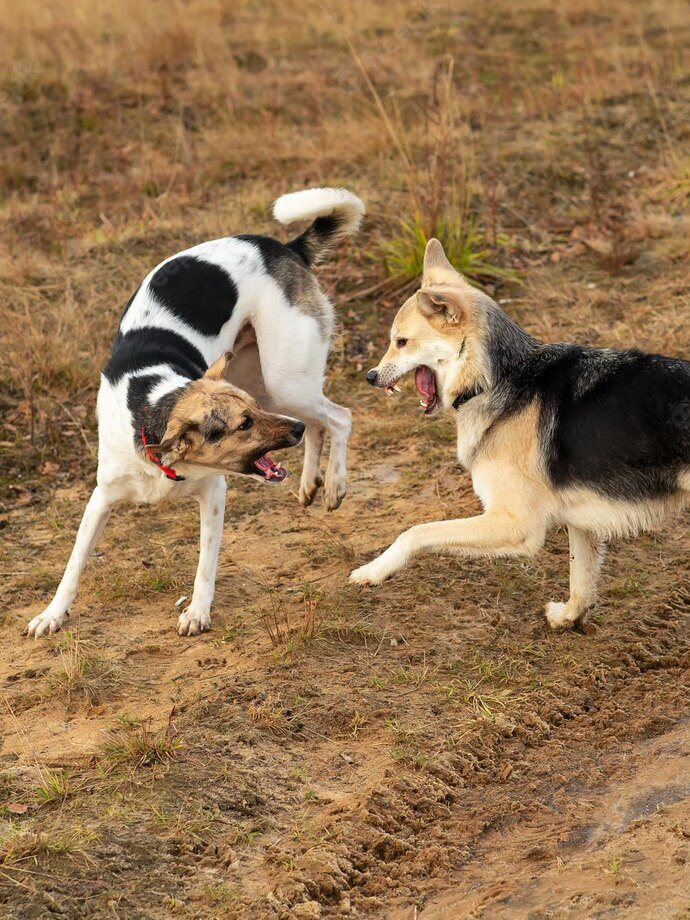
Behaviour rehabilitation
Many behaviour problems are linked to how your dog is feeling. Fear, anxiety and pain all influence how well your dog is able to cope with his environment and routines.
Dog training
Dog training is offered for all dogs: puppies, adolescents, seniors and newly adopted rescue dogs.

Book A Free Consultation Call
Unsure on where to start? I don't blame you, finding the right dog trainer can be a challenge in itself. Book a FREE 30 minute consultation call to find out more about how I work and how I can help you with your dog!
Given the dedication required to provide each dog and their owner with the personalised attention and training they need, I am only able to work with a limited number of clients at any given time. I sincerely believe in offering my services only when I am confident in my ability to deliver the outcomes you're seeking for your dog.
Related posts
Tips & Tricks is dedicated to providing every mama and papa with exclusive advice and information on how to take care and deal with their furry friends.
